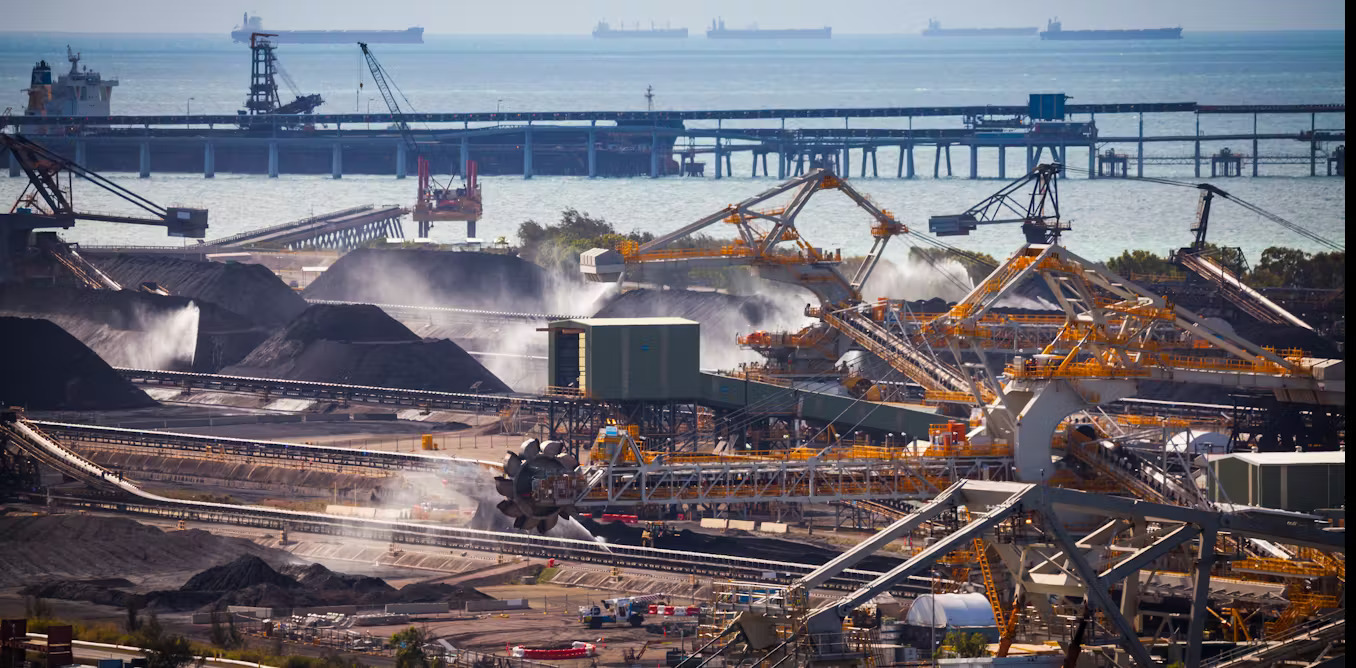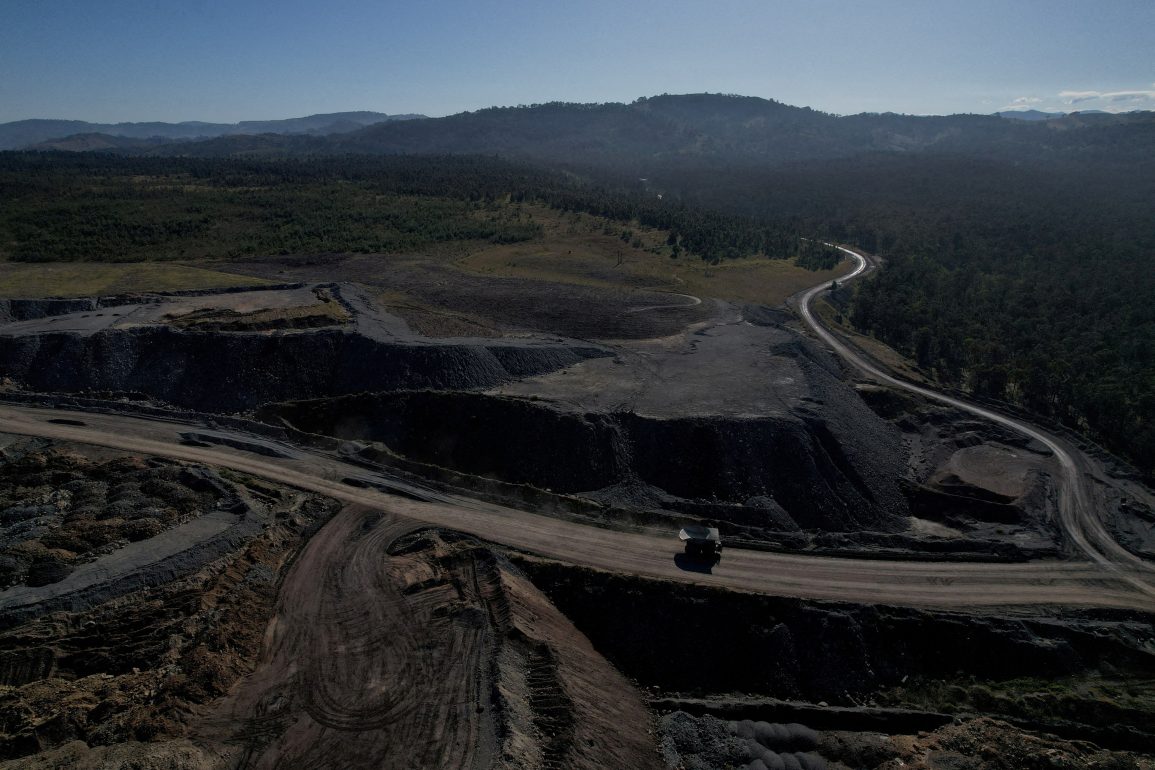Australia’s role in global climate change is significant, with its coal and gas exports causing more environmental harm than any country except Russia. A study commissioned by the University of New South Wales’ Australian Human Rights Institute highlights that in 2021, Australia was the third-largest fossil fuel exporter globally, following Russia and the United States.
The country’s exports, primarily coal, are particularly damaging, making Australia the second-highest emitter of fossil fuel-related emissions, surpassing the U.S. in this regard.
Despite only contributing around 1% of global emissions domestically, Australia’s exports are linked to approximately 4.5% of global emissions. According to Climate Analytics, a non-profit organization, the Australian government plans to maintain its current level of fossil fuel exports until at least 2035, with new coal and gas projects in the pipeline.
This approach is seen as incompatible with international climate commitments, including the goals set during the Cop28 climate summit, where nations agreed to accelerate the transition away from fossil fuels.
Bill Hare, the CEO of Climate Analytics, criticizes the Australian government for its deliberate strategy to boost gas exports, which could result in billions of tonnes of emissions. This stance contrasts with the scientific consensus on the need for rapid emissions reductions to achieve net-zero targets.

The report underscores the conflict between Australia’s export-driven fossil fuel policy and its international climate obligations.
Dr. Gillian Moon of the Australian Human Rights Institute emphasizes the contradiction between Australia’s climate vulnerability and its commitment to fossil fuel exports. Despite having domestic emissions reduction targets, the country lacks a plan to phase out fossil fuel exports, which account for a significant portion of its economy.
Moon calls for more transparency and accountability in the government’s approach, urging Australia to encourage its major fossil fuel buyers, like Japan, South Korea, and Taiwan, to transition to renewable energy more quickly.
The study also highlights the need for a broader conversation about fossil fuel production at global climate conferences, which has been largely absent. With the goal of limiting global temperature rise to 1.5°C, as outlined in the Paris Agreement, there is an urgent need to reduce fossil fuel emissions by 64% by 2035.
However, recent government actions, including new gas exploration permits, suggest a continuing commitment to fossil fuels, which could undermine both national and global climate efforts.

